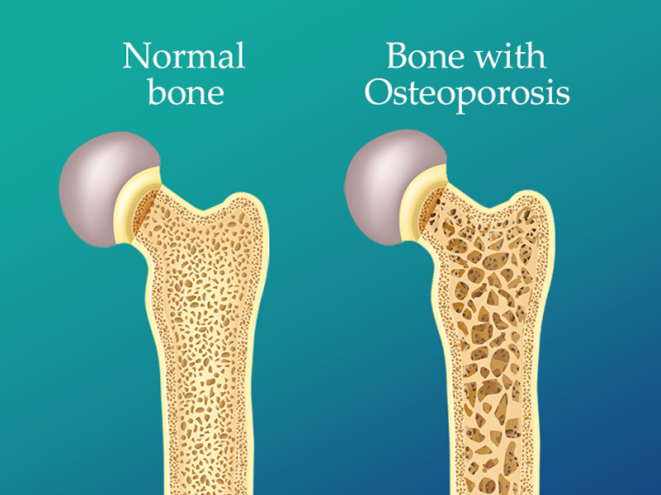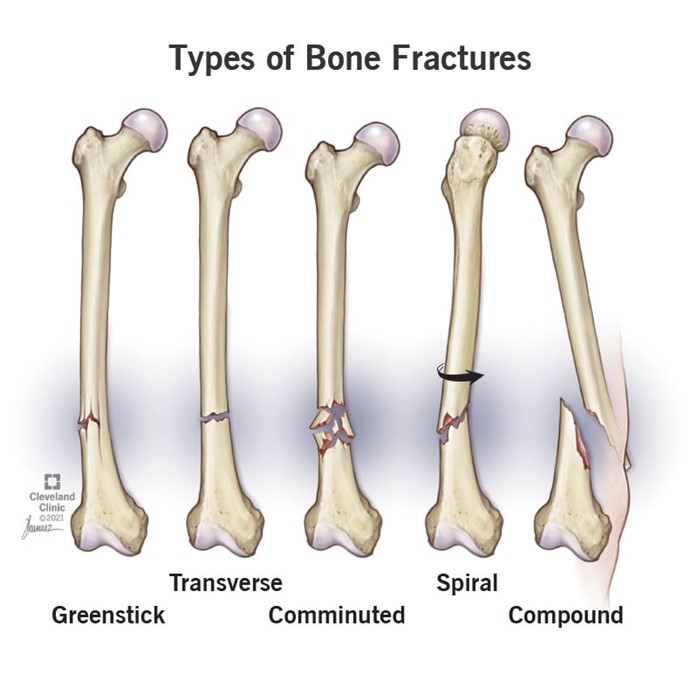A nurse is teaching a parent about appropriate snack choices for her 9-month-old infant. Which of the following food choices should the nurse recommend?
Skim milk
Unsalted popcorn
Raw carrots
Graham crackers
The Correct Answer is D
Choice A reason: Skim milk is not an appropriate snack choice for a 9-month-old infant. Infants under 12 months of age should not consume cow's milk, as it can cause iron deficiency, gastrointestinal bleeding, and allergic reactions. Infants should be breastfed or formula-fed until they are 12 months old.
Choice B reason: Unsalted popcorn is not an appropriate snack choice for a 9-month-old infant. Popcorn is a choking hazard for infants, as it can easily get stuck in their throat or lungs. Infants should not be given any hard, round, or sticky foods that can cause choking.
Choice C reason: Raw carrots are not an appropriate snack choice for a 9-month-old infant. Raw carrots are also a choking hazard for infants, as they are hard and difficult to chew and swallow. Infants should be given soft, cooked, or pureed vegetables that can be easily mashed with their gums.
Choice D reason: Graham crackers are an appropriate snack choice for a 9-month-old infant. Graham crackers are soft, easy to chew and swallow, and provide carbohydrates and energy. They can also help infants practice their self-feeding skills and finger coordination.
Nursing Test Bank
Naxlex Comprehensive Predictor Exams
Related Questions
Correct Answer is C
Explanation
Choice A reason: 1 cup green grapes has about 15 mg of calcium, which is low compared to other foods. Green grapes are also a good source of vitamin C, potassium, and antioxidants.
Choice B reason: One medium banana has about 6 mg of calcium, which is very low compared to other foods. Banana is also a good source of potassium, fiber, and vitamin B6.
Choice C reason: 1 cup broccoli has about 180 mg of calcium, which is high compared to other foods. Broccoli is also a good source of vitamin C, folate, and antioxidants.
Choice D reason: One large tomato has about 18 mg of calcium, which is low compared to other foods. Tomato is also a good source of vitamin C, lycopene, and potassium.

Correct Answer is B
Explanation
Choice A reason: Dry eyes are not caused by vitamin D deficiency, but by other factors such as aging, medication, environmental conditions, or eye diseases. Vitamin D does not have a direct role in eye health or function.
Choice B reason: Fractures are caused by vitamin D deficiency, as vitamin D helps the body absorb calcium, which is essential for bone health and strength. Vitamin D deficiency can lead to osteoporosis, a condition in which the bones become brittle and prone to breaking.
Choice C reason: Infection is not caused by vitamin D deficiency, but by other factors such as exposure to pathogens, weakened immune system, or poor hygiene. Vitamin D may have some role in modulating immune responses, but it is not a primary factor in preventing infection.
Choice D reason: Swelling is not caused by vitamin D deficiency, but by other factors such as injury, inflammation, fluid retention, or allergic reaction. Vitamin D does not have a direct role in regulating fluid balance or reducing inflammation.

Whether you are a student looking to ace your exams or a practicing nurse seeking to enhance your expertise , our nursing education contents will empower you with the confidence and competence to make a difference in the lives of patients and become a respected leader in the healthcare field.
Visit Naxlex, invest in your future and unlock endless possibilities with our unparalleled nursing education contents today
Report Wrong Answer on the Current Question
Do you disagree with the answer? If yes, what is your expected answer? Explain.
Kindly be descriptive with the issue you are facing.
